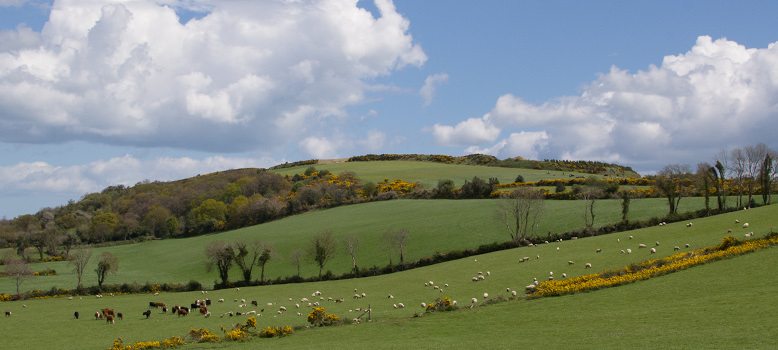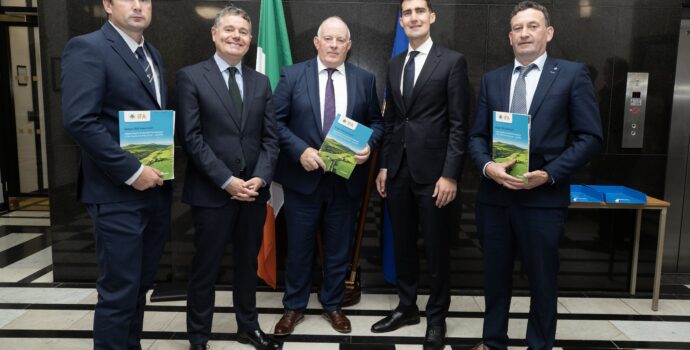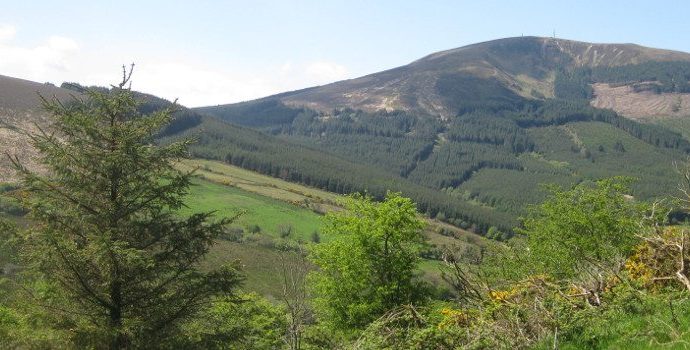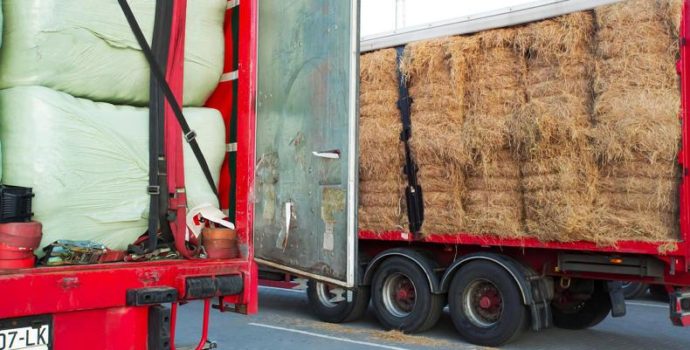Teagasc’s Farm Income Survey Highlights the Importance of CAP Direct Payments & the Challenges of Price Volatility – Healy

IFA President Joe Healy today (Tues) said the preliminary results of the Teagasc 2017 National Farm Income survey highlighted the critical importance of CAP direct supports across all farming sectors and the dangers of hugely volatile or weak price returns.
Joe Healy said with the major challenges from Brexit and the CAP post-2020, the Minister for Agriculture Michael Creed and the Irish Government needed to work twice as hard to secure a positive Brexit outcome and an increase in the CAP budget.
“The increase in average farm income for 2017 to €31,300 comes off the back of a difficult year in 2016. Farming on the whole remains a low-income activity, with average earnings well below the average industrial wage,” he said.
“The 2017 figure is influenced by the positive performance from dairy farms, the vast majority of which are full time, with higher volumes and better prices after a difficult year in 2016. It also illustrates the extreme income volatility which challenges dairy farmers: milk prices have been cut by up to 6c/l this year already, and spring volumes have suffered from the bad weather. EU market supports and voluntary risk management tools, including through national tax-based measures, must be developed to help farmers cope with those sharp swings in cash flow,” he said.
Joe Healy said the Teagasc income figures on livestock clearly demonstrate the dependence of dry stock farmers on direct payments and the need for strong additional support for suckler farmers. He said the figures fully support the IFA campaign for additional targeted support of €200 for suckler cows.
After several years of low returns, the tillage sector has seen a badly needed income uplift of 20% which reflects improved yields rather than better prices.
He said “The low-income figures on the livestock, sheep and grain side, the sectors most dependent on direct payments, show that Minister Creed has to demand and insist on an increase in the CAP Budget in the negotiations in Brussels.”
Concluding, the IFA President said farmers will need to be able to make economic returns to invest and deliver on the additional environment public goods obligations expected of them in the new CAP 2020, as well as continuing to supply high quality, traceable, sustainably produced, plentiful, affordable food. With Brexit a further challenge to our food export earnings and farm incomes, I am calling on the Irish Government to secure an increase in the CAP Budget and ensure that vulnerable farmers get the support they require”.




